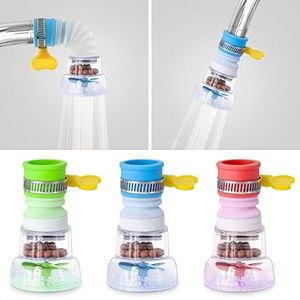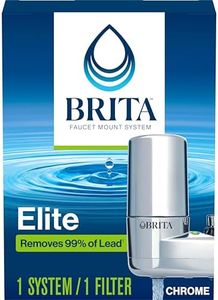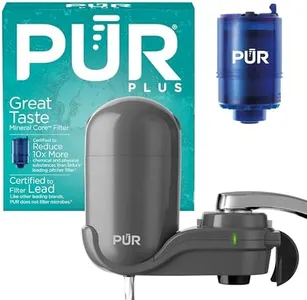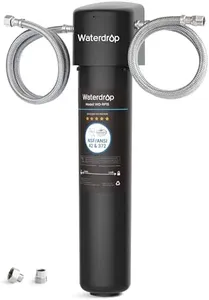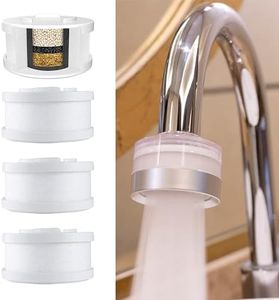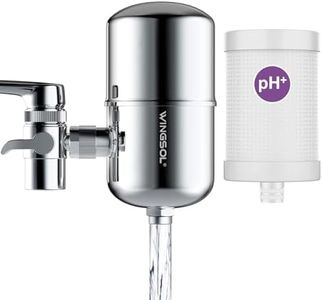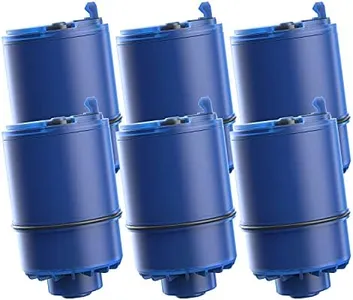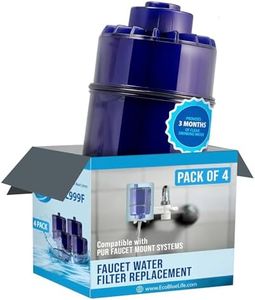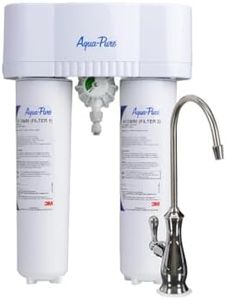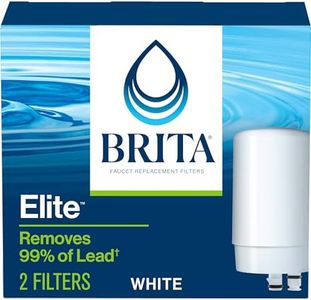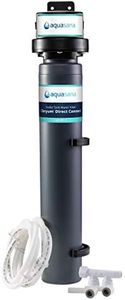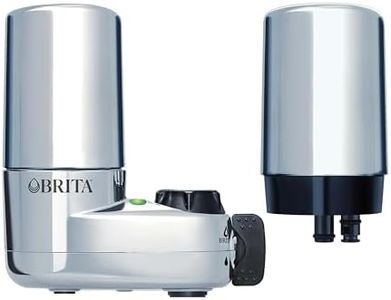10 Best Water Filter Systems For Sinks 2025 in the United States
Our technology thoroughly searches through the online shopping world, reviewing hundreds of sites. We then process and analyze this information, updating in real-time to bring you the latest top-rated products. This way, you always get the best and most current options available.

Our Top Picks
Winner
APEC Water Systems ROES-PH75 Essence Series Top Tier Alkaline Mineral pH+ 75 GPD 6-Stage Certified Ultra Safe Reverse Osmosis Drinking Water Filter System
Most important from
16583 reviews
The APEC Water Systems ROES-PH75 is a 6-stage reverse osmosis water filter system designed to provide ultra-pure drinking water by removing up to 99% of impurities, including chlorine, fluoride, arsenic, and heavy metals. One of its standout features is the addition of premium-grade calcium to enhance water alkalinity and taste, making it an appealing choice for health-conscious individuals. The system boasts a high flow rate of 75 gallons per day (GPD), ensuring a steady supply of clean water for your household needs.
Its WQA certification attests to its quality and safety, giving consumers confidence in its performance. Installation is under the sink, which keeps the unit out of sight and saves countertop space, though it may require some technical know-how or professional help to install. Maintenance is relatively straightforward, with long-lasting filters that reduce the need for frequent replacements.
The compact design (16 x 5.25 x 17.5 inches) means it won't take up much space, and it's designed, engineered, and assembled in the USA, which might appeal to those looking to support domestic products. The APEC ROES-PH75 excels in providing clean, safe, and great-tasting water, making it an excellent choice for smaller to medium-sized families looking for a reliable under-sink water filtration solution.
